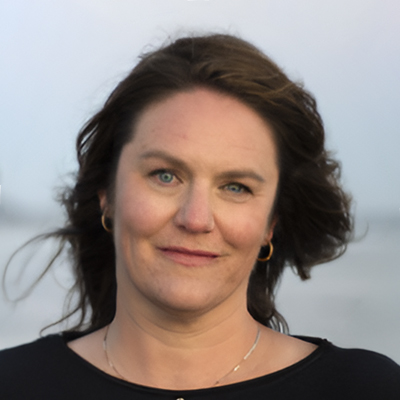
Angela Erza
AHS’s Angela Erza Talks About Her Experience Working with KTSC
Learn about Angela Erza’s experience, collaboration with the KTSC program, on giving Indigenous youth access to traditional knowledge, sacred tobacco, & the seed.
Angela Erza has played an important role at Alberta Health Services (AHS) for 26 years. During her engagement with KTSC, she served as the Provincial Manager for Tobacco, Vaping, and Cannabis.
We recently sat down with Angela to talk about her experiences working with the Keep Tobacco Sacred Collaboration.
Keep reading to learn more about Angela’s experiences, and what it meant to collaborate with KTSC.
How did you find yourself involved with the Keep Tobacco Sacred (KTSC) program?
In Angela’s Words: Thank you. It's a bit of a story. Initially, it was part of my role as a provincial manager with AHS’s Tobacco, Vaping, and Cannabis program. KTSC became meaningful work where I could make an impact.
When I first engaged with KTSC, I didn’t have a clear vision. I understood the project was about giving Indigenous youth access to traditional knowledge, sacred tobacco, and the seed. It became personal when an Elder, holding the traditional tobacco seed, shed tears. As an elder, it felt wrong that he had never held it before. I learned this wasn’t uncommon for elders in remote communities. That moment spurred my commitment to be part of the solution.
Learning about Indigenous cultures was important—understanding differences in simple things, like passing items from left to right or vice versa. AHS was supportive, and there was a significant shift in my understanding of sacred tobacco.
Do you have any advice for other organizations wanting to engage with KTSC?
Angela’s Words: It has to be Indigenous-led. It’s very important to keep the focus on advancing these important initiatives. Be open-minded, learn, and adjust based on Indigenous voices.
It's sacred, and there's a unique reverence about it.
What were the biggest takeaways you had from this experience?
Indigenous communities in Alberta have experienced a profound loss in their culture. It calls on all of us to extend our support — especially to Indigenous youth who rightfully deserve access to this sacred knowledge. Recognizing the distinctions between commercial and sacred tobacco can make a significant difference. When people understand sacred tobacco, they’re far less likely to use commercial tobacco. This initiative is essential in reshaping the narrative around tobacco use.